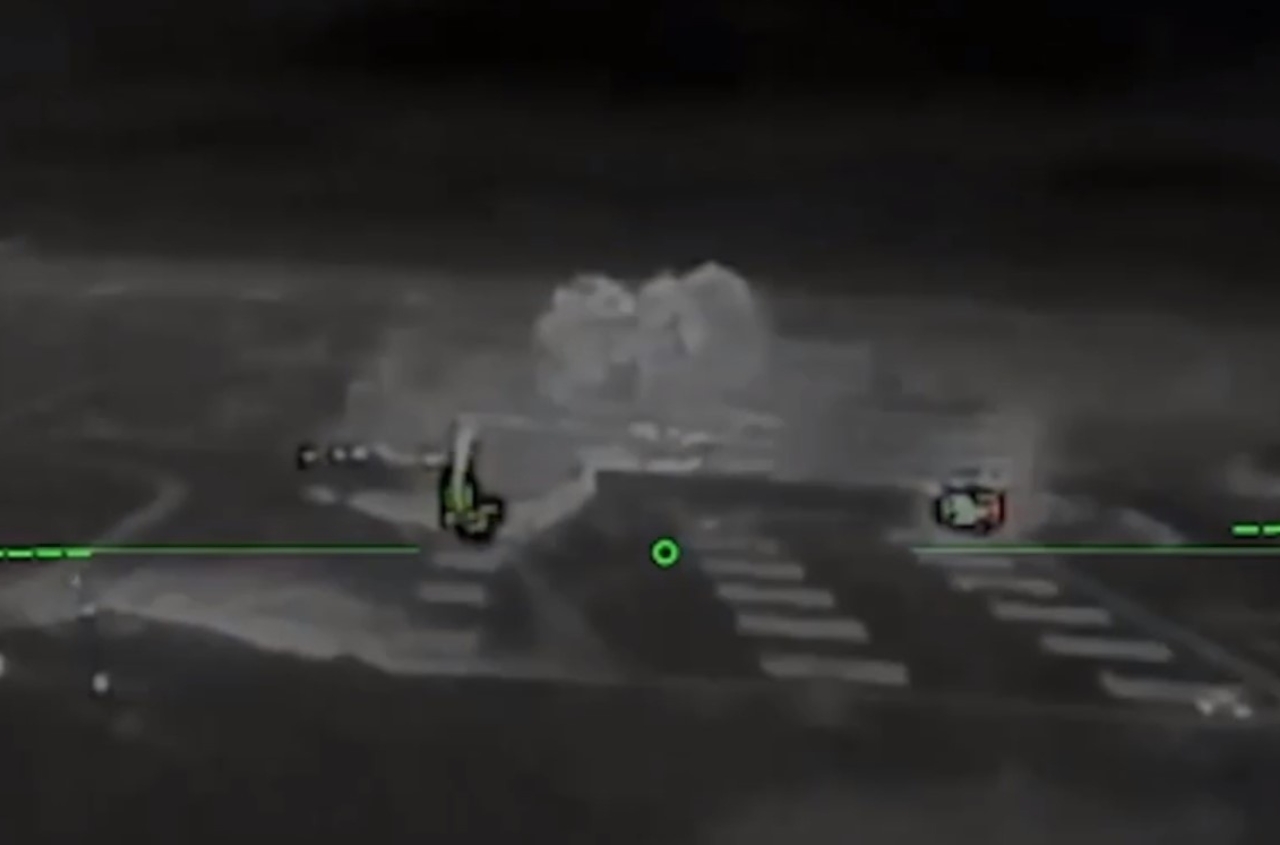Russian military in Ukraine are using a tactic dubbed "amoeba tactic." Since they lack the capability for deep breakthroughs, they experiment with small forces everywhere and hope for a chance to emerge, according to the Chief of the General Staff of the Estonian Defense Forces, Major General Enno Mõts, as reported by ERR.
Recently, attacks by Russian forces on Kharkiv have become more frequent, and Moscow's propaganda channels are calling for wiping out the Ukrainian city entirely.
Mõts remarked that it's almost miraculous that Kharkiv hasn't been destroyed yet, considering its proximity to the conflict zone. Additionally, Russia is attempting to expand the front line, as this would force Ukraine to extend its defenses, leading to their thinning.
"The Russians themselves use what can be called 'amoeba tactics.' Whether consciously or not, as I said, they don't have the capability for a deep breakthrough, but they push everywhere, at the expense of their soldiers' lives and their equipment, so to speak, which is burning, and hope that an opportunity will suddenly appear somewhere. This is their model of action, which is characteristic not only of their actions on the battlefield but also, one might say, on a global scale," said Mõts.

The general stated that while Russia has the ability to bomb Kharkiv, it lacks the capacity to take the city.
"Russia can break through the city in one go, but to keep it under control, much more troops would be needed. And this is exactly what Russians lack today. We see that it, so to speak, produces more troops – the fact is that today it has more troops in Ukraine than two years ago – but, again, the level of their training and command is low, at the level of platoon commanders. In recent weeks, they have also tried to unite platoon-level armored attacks, but these are rather isolated cases," he explained.




















